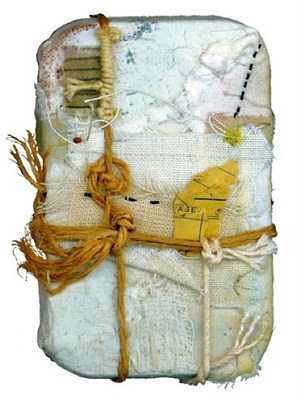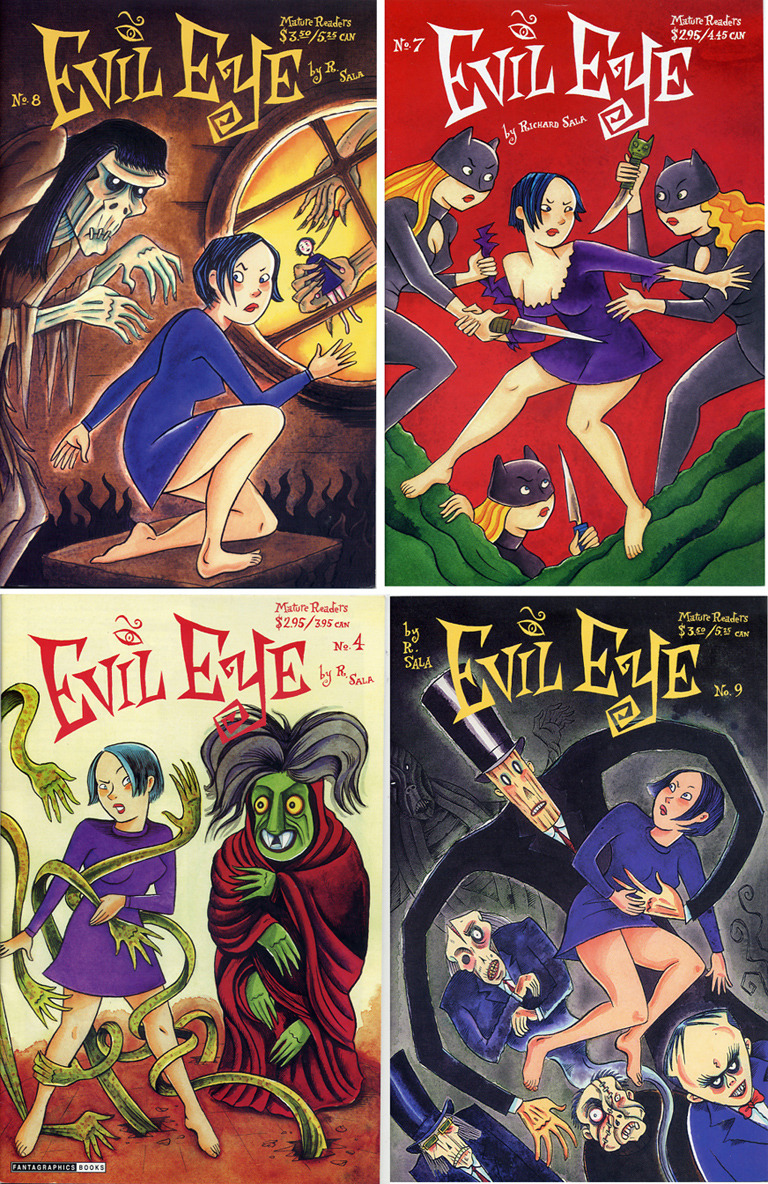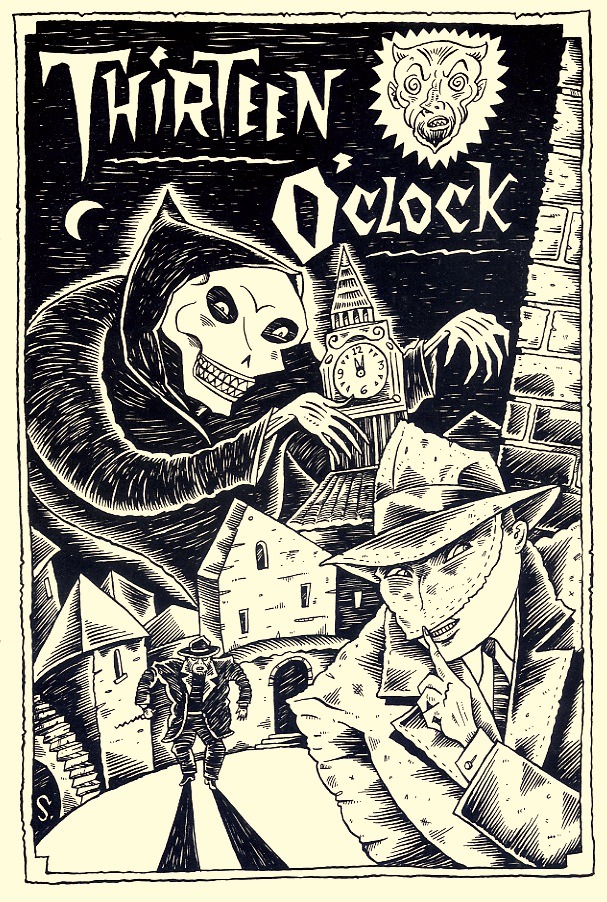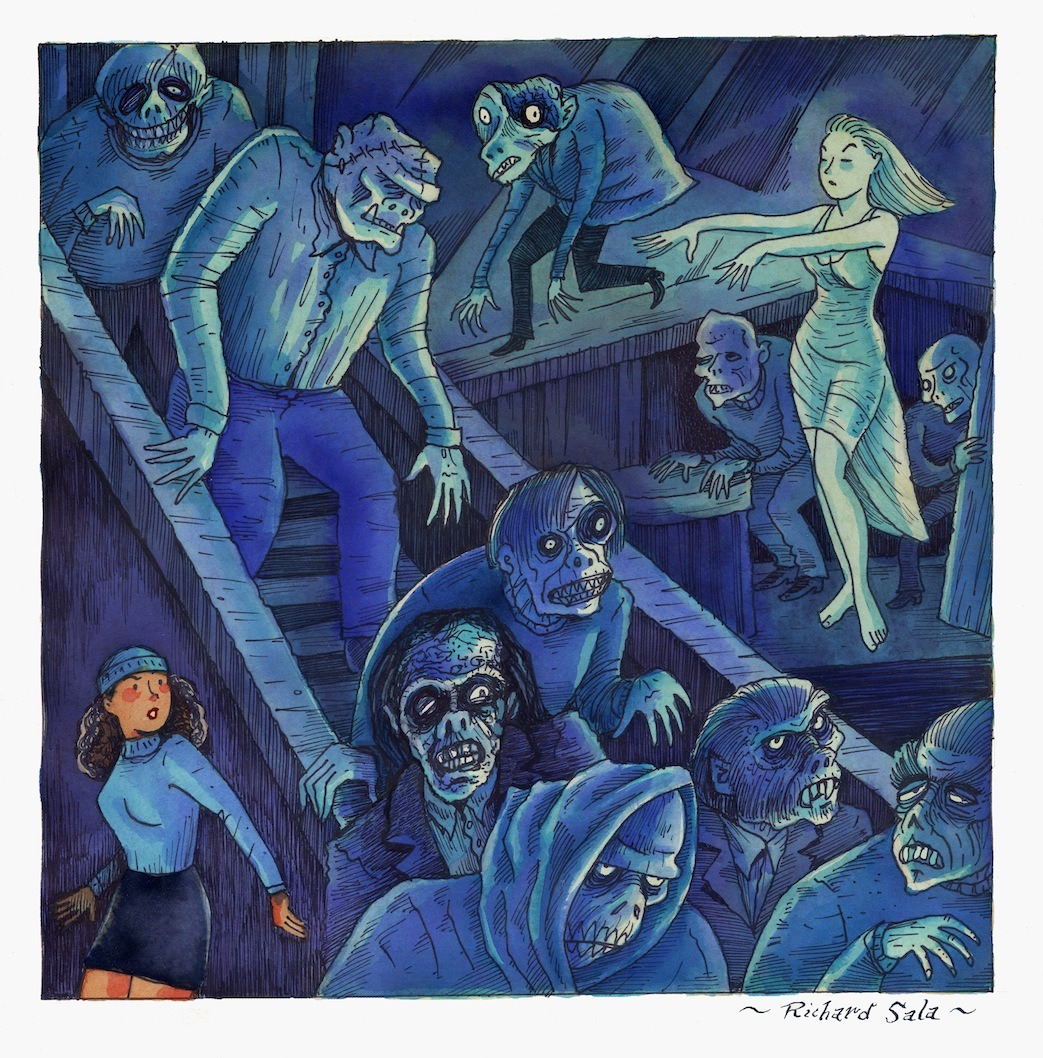Like many other Americans, I became aware of Hughes through his "Shock of the New" documentary and considered myself lucky to snag a copy of the hardback from a remainder table at the (long-gone and lamented) Intimate Book Shop in 1983.
Most people can name critics of movies, music, and books because we hear those products talked about on NPR or Entertainment Weekly. Art critics -- not so much. The only one I could name with any confidence would have been Hughes. I did not read much of his stuff, but like Gore Vidal or Pauline Kael, I had only to read a few lines and I could hear the cadence of his prose, and the stunning way he could put together a sentence. I always liked his boisterous charisma and certainty.
The following paragraph is from his memoir, "Things I Didn't Know." Thanks to The Daily Beast for bringing it to my attention.
“I am completely an elitist in the cultural but emphatically not the social sense. I prefer the good to the bad, the articulate to the mumbling, the aesthetically developed to the merely primitive, and full to partial consciousness. I love the spectacle of skill, whether it’s an expert gardener at work or a good carpenter chopping dovetails. I don’t think stupid or ill-read people are as good to be with as wise and fully literate ones. I would rather watch a great tennis player than a mediocre one, unless the latter is a friend or a relative. Consequently, most of the human race doesn’t matter much to me, outside the normal and necessary frame of courtesy and the obligation to respect human rights. I see no reason to squirm around apologizing for this. I am, after all, a cultural critic, and my main job is to distinguish the good from the second-rate, pretentious, sentimental, and boring stuff that saturates culture today, more (perhaps) than it ever has. I hate populist [shit], no matter how much the demos love it.”
—Robert Hughes, Things I Didn’t Know



